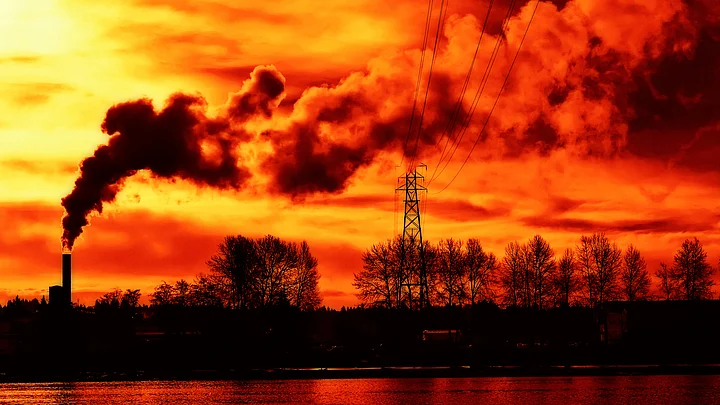We’ve officially done it. We’ve depleted the earth’s ability to compensate for our industrial needs. We’ve reached Earth Overshoot Day. That means that in eight months, we’ve exhausted our fishing, forest, and carbon emissions quota for one year.
In the past, Earth Overshoot Day arrived in September. But every year, the day comes a little earlier. In 2014, the overshoot came on 19 August and last year, it was 13 August. Now we have almost five months left until 2017 and we’ll keep exhausting the world’s resources.
Oceans and forests have reached the maximum level of carbon dioxide they can absorb from the atmosphere. Any excess carbon emissions, from industries, to car exhaust, to electricity production will be pumped into the atmosphere and won’t be compensated. Fish reserves and forests have been consumed at a rate so fast that they will be unable to replenish themselves.
If the world keeps going at this rate, Earth Overshoot Day will be in June by 2030, according to the Global Footprint Network.
India’s ecological footprint is dominated by carbon emissions from the rapidly growing economy. Emissions make up 53 percent of the country’s total footprint.
Also Read: India’s Climate Warriors: Capturing Global Warming’s Human Face
If these emissions are not curbed — in India and around the world — the consequences could be devastating, experts say. And millions of people will pay the price.
Ecological overshoot is only possible for a limited time before ecosystems begin to degrade and possibly collapse. The carbon footprint is inextricably linked to the other components of the Ecological Footprint — cropland, grazing land, forests and productive land built over with buildings and roads. All these demands compete for ecological space.World Wildlife Fund
